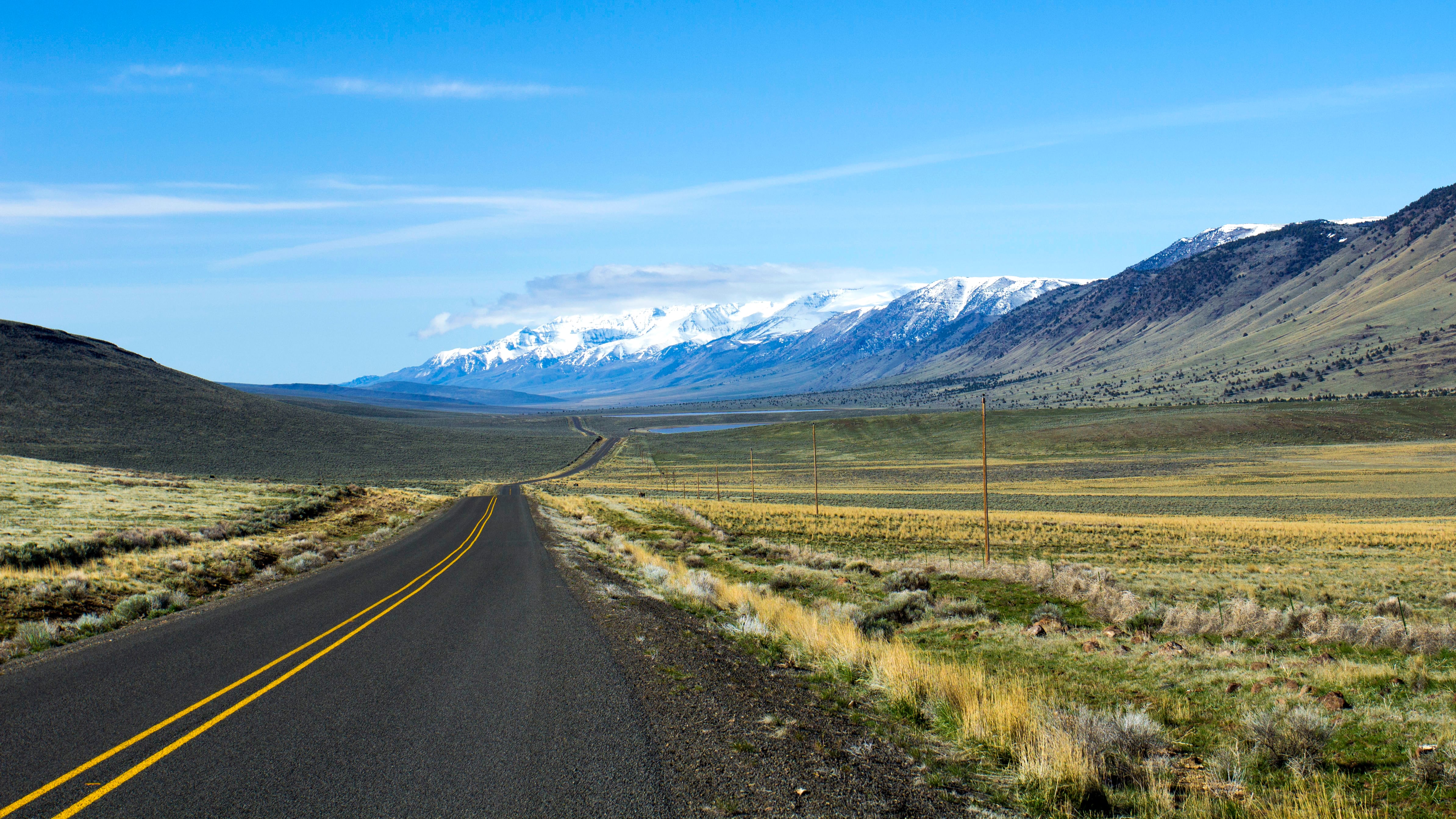HOW MUCH?
$115,000 on March 4
WHO GOT IT?
Move Oregon’s Borders, a political action committee that advocates Oregon lawmakers cede some eastern and southern counties to Idaho
WHO GAVE IT?
Citizens for Greater Idaho, a nonprofit advocacy organization
WHY DOES IT MATTER?
The May 17 primary features three local measures on the ballot to push for the next step in a yearslong drive by a grassroots group, Citizens for Greater Idaho, to consider expanding the borders of Idaho. Klamath, Josephine and Douglas counties will all weigh versions of how to move the proposal forward, with Josephine County residents offering an advisory vote on whether they prefer to join Idaho or remain in Oregon.
Changing state lines is an idea that faces many logistical obstacles before it can be enacted. But support for the concept is one measure of Oregon’s urban-rural divide—and the alienation of counties east of the Cascades, which are subsidized by the Portland area but deeply resent liberal control.
WHAT DOES THE CAMPAIGN SAY?
“There was somebody from the Northwest who wanted to anonymously donate,” says Michael McCarter, a founder of Citizens for Greater Idaho. “They said, ‘Would this help to get those three counties?’ because advertising is not cheap.” McCarter says the donor actually gave the advocacy group more than $115,000, which passed along a portion of the gift to the PAC. (That doesn’t appear to run afoul of campaign finance laws, say experts WW consulted this week.)
McCarter, 74, who grew up in the Gresham area, says he still considers Portland “my Rose City,” though he doesn’t care to visit after the recent protests, and retired to La Pine, a town outside Bend. He has no beef with Willamette Valley leaders making decisions that benefit this part of the state, but says it’s time to figure out how to serve rural communities.
“People get more and more frustrated,” says McCarter. “There’s a cultural divide that’s happening. When northwest Oregon legislators start talking about reducing diesel or getting rid of diesel, pushing everything to electric vehicles, that’s not practical for the rural parts of Oregon. The biggest complaint rural Oregonians have is they don’t feel their voice is heard.”

